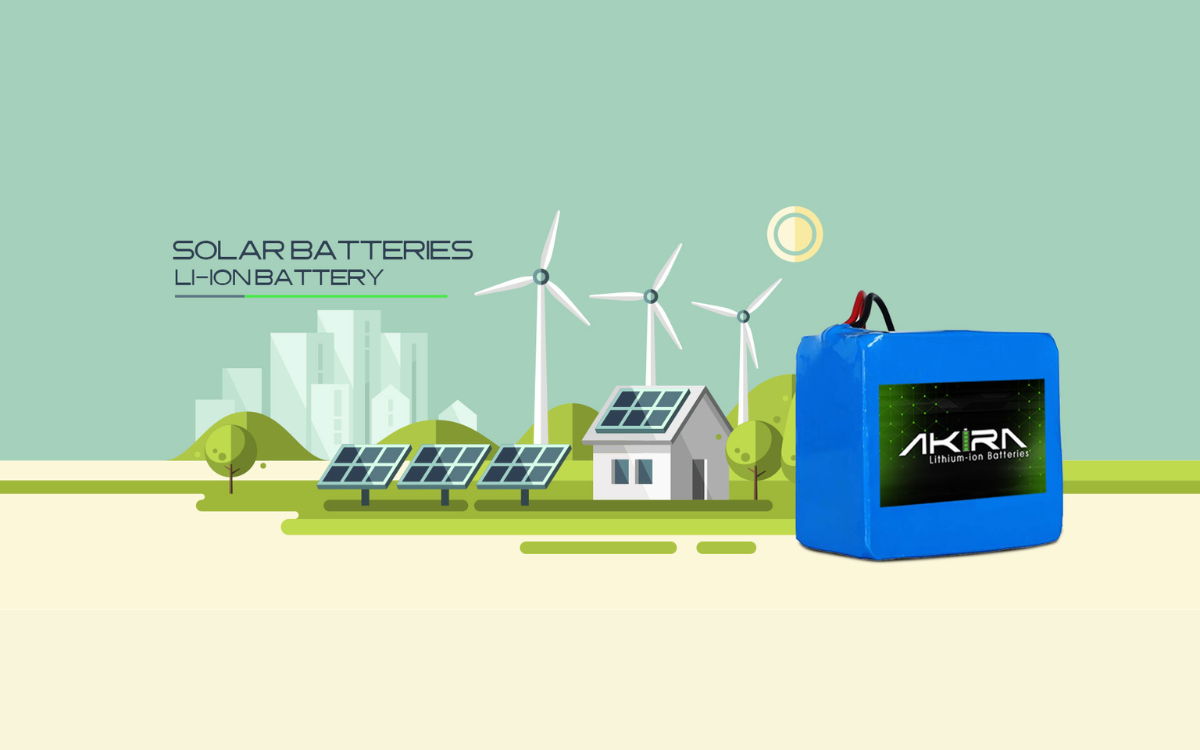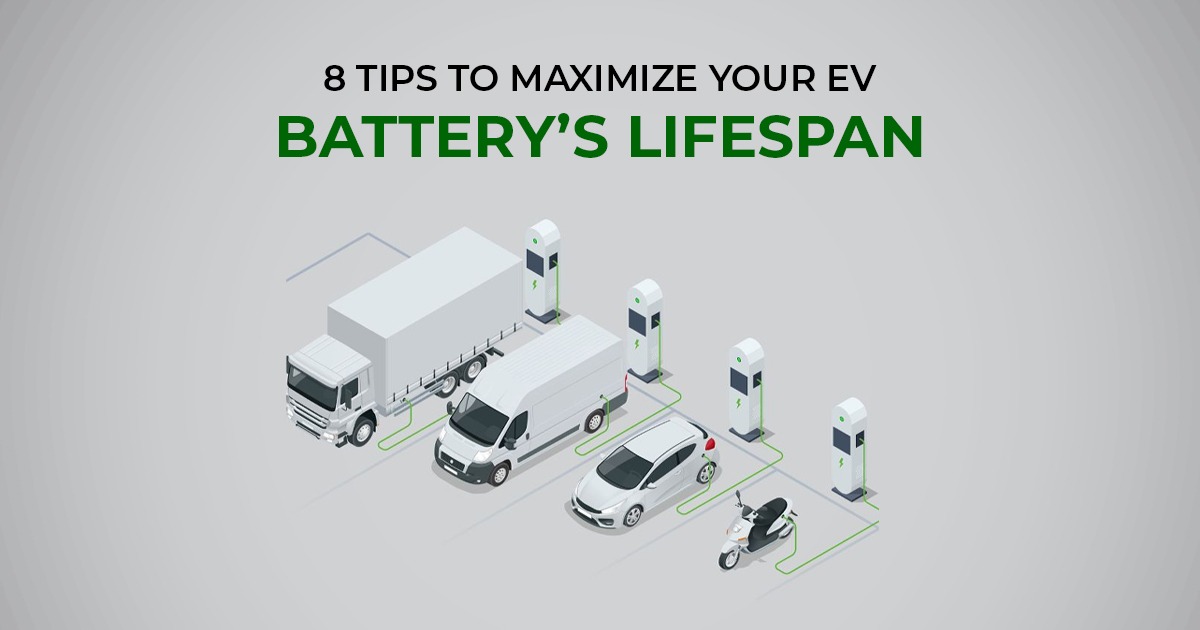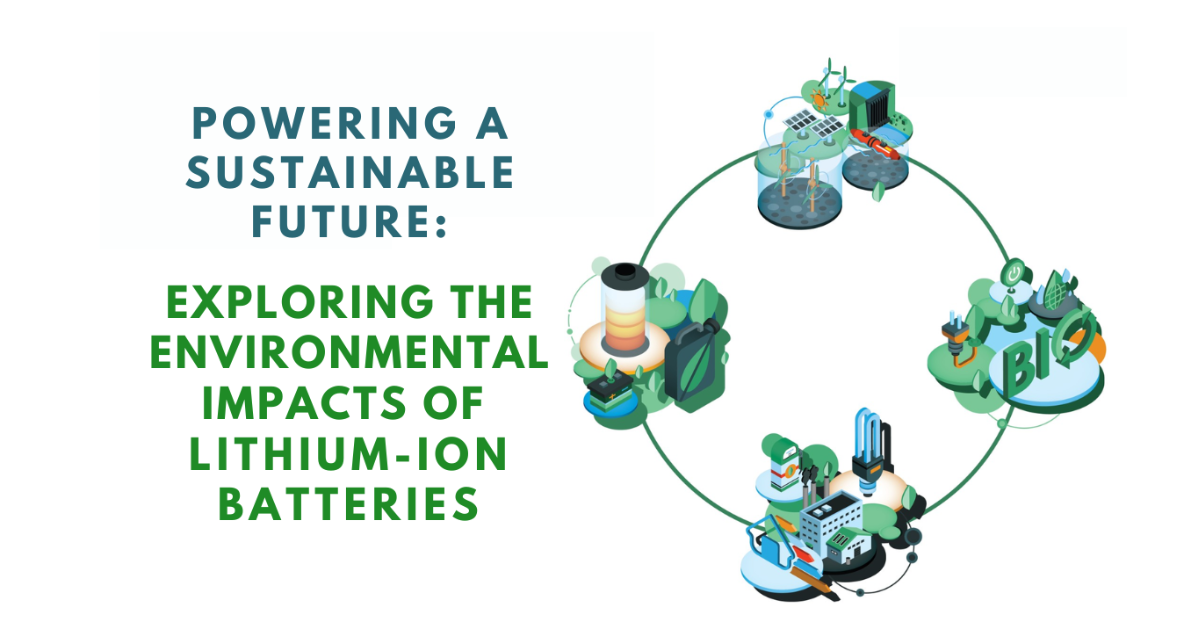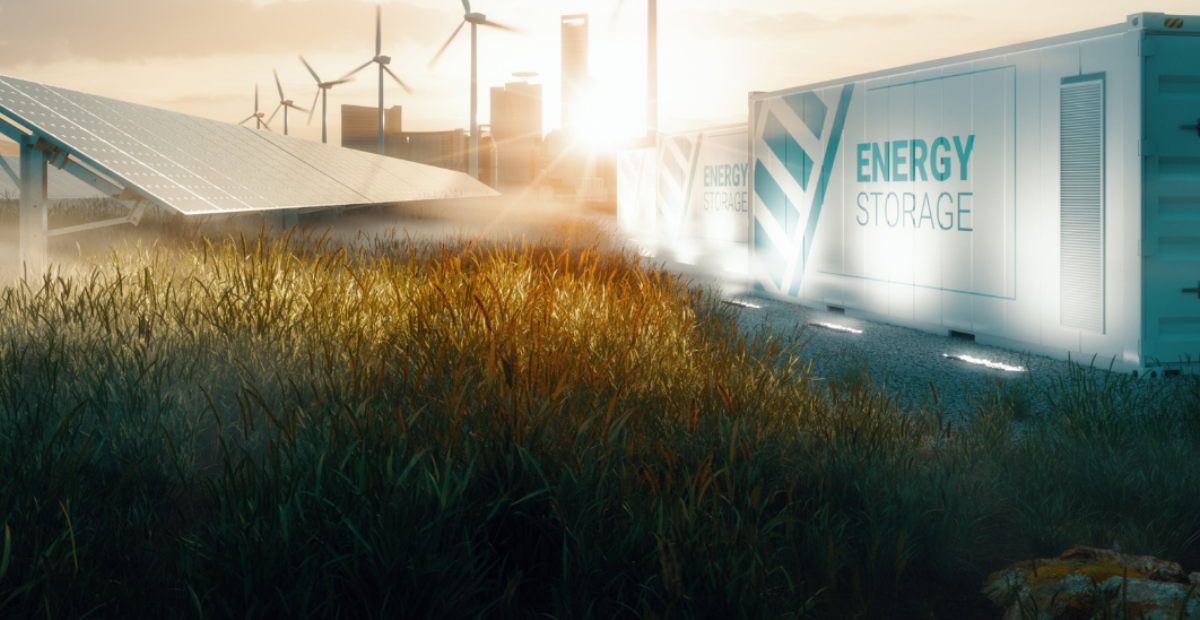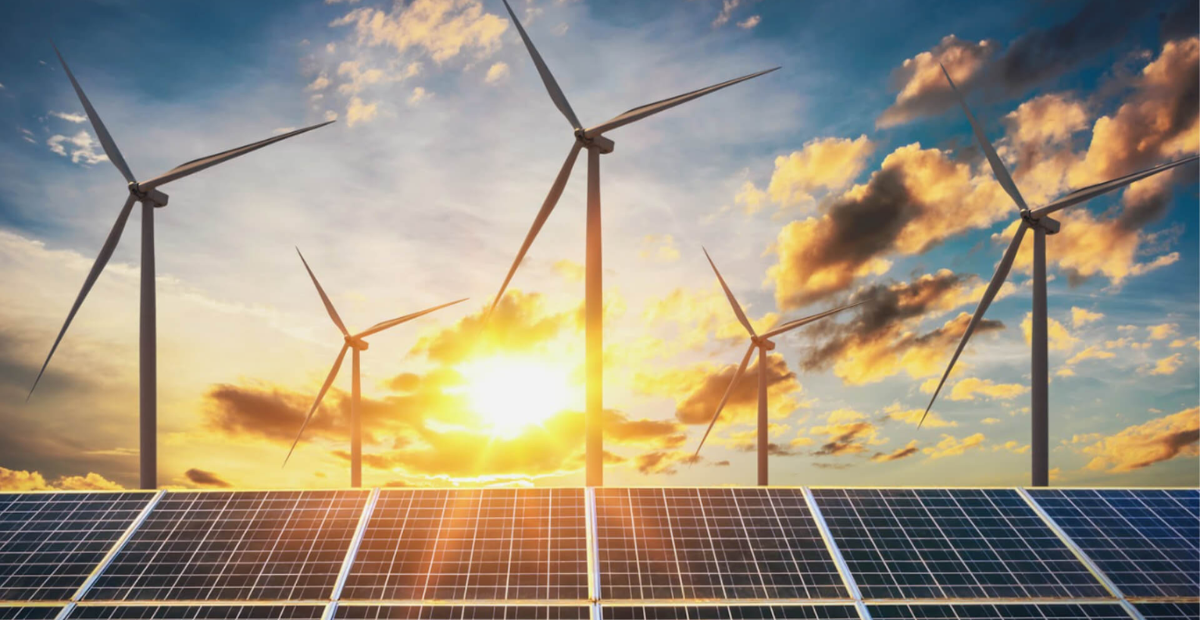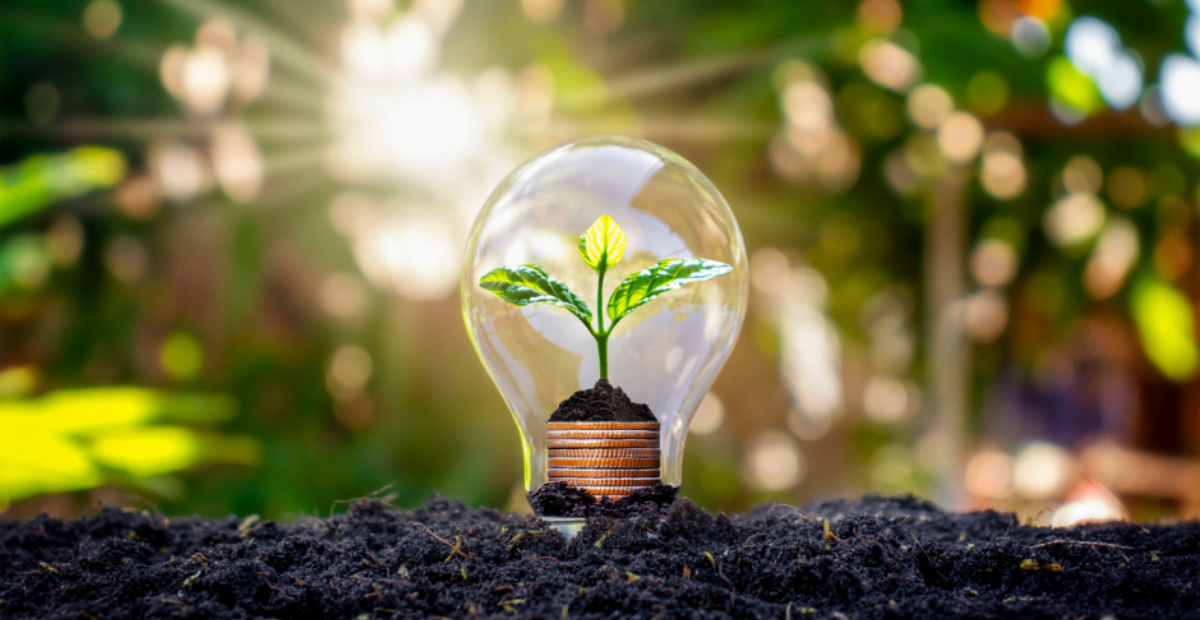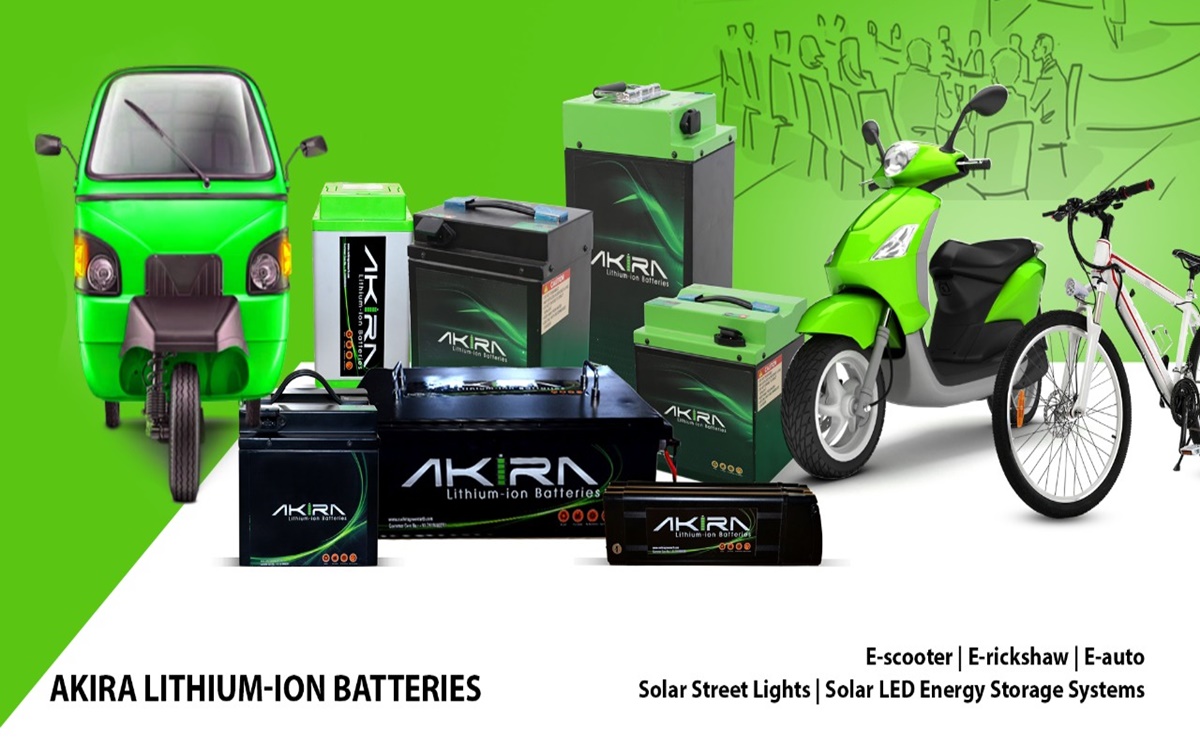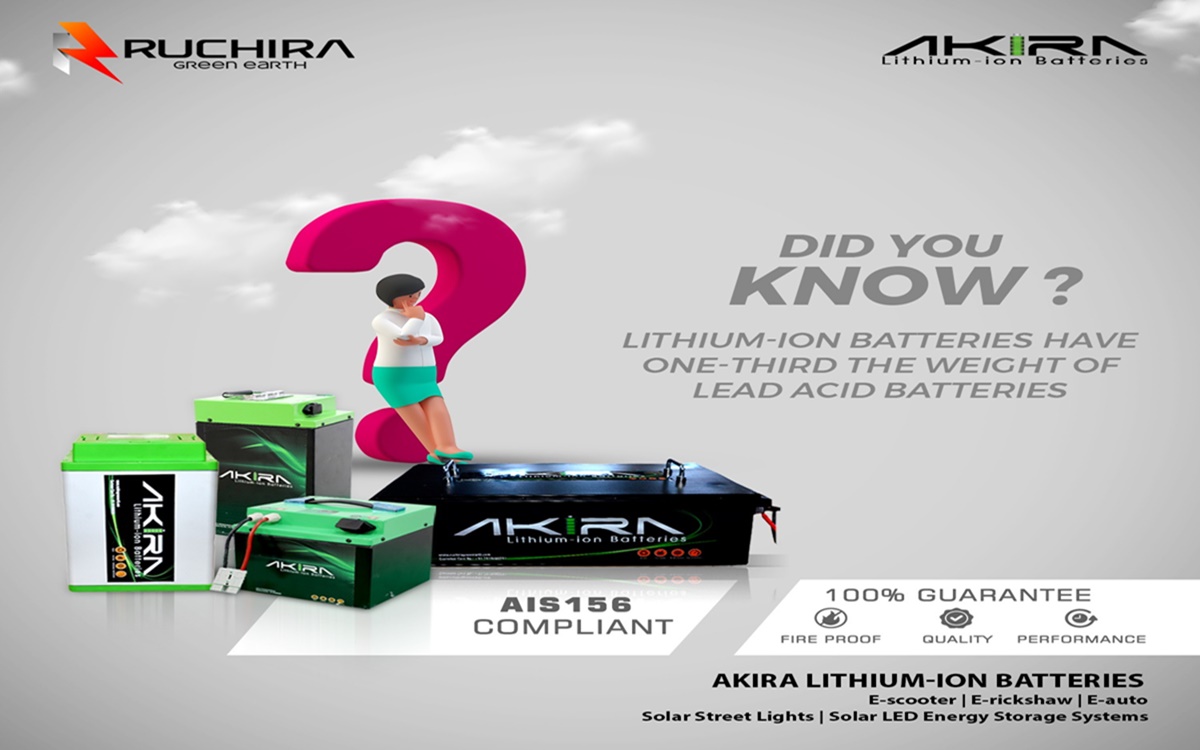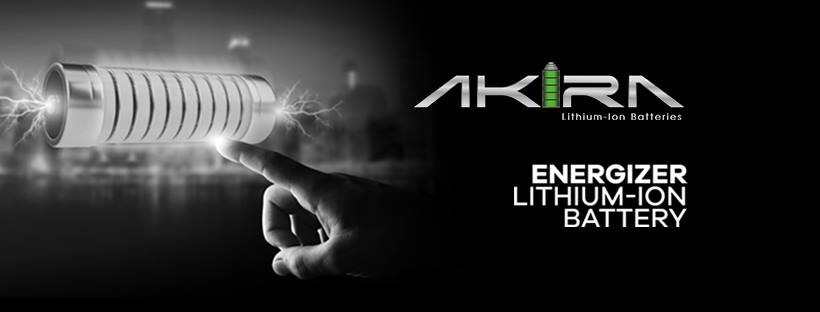As our world shifts towards sustainable energy solutions, harnessing solar power for residential needs has become increasingly popular. Solar Lithium-ion batteries, the heart of solar energy storage systems, have emerged as a game-changer in this quest for sustainability.
In this guide by Akira, leading electric vehicle lithium ion battery manufacturer in India we will delve into the key factors to consider when choosing the right solar Lithium-ion battery for your home.
1.Energy Storage Capacity:
The first step in selecting a solar Lithium-ion battery is determining your household’s energy storage requirements. Consider your average daily energy consumption, the size of your solar panel system and the hours of sunlight available in your location.
2.Battery Lifespan:
Longevity is paramount when investing in a solar Lithium-ion battery. Akira’s expertise as solar battery manufacturers in Haryana, India, shines here. We offer batteries with advanced management systems that extend battery life by carefully monitoring and optimizing charge cycles. Look for warranties that guarantee a certain number of cycles or years of service to ensure peace of mind and a solid return on investment.
3.Charging and Discharging Rates:
Efficiency matters in energy storage. Check the battery’s charging and discharging rates, often denoted as C-rates. Higher C-rates enable faster charging and discharging, which can be crucial during peak energy demand periods.
4.Depth of Discharge (DoD):
The Depth of Discharge refers to how much capacity a battery can use before needing a recharge. A higher DoD implies more usable energy from the battery, but excessive discharges can reduce battery life. Choose Lithium-ion batteries that strike a balance between deep discharges and battery longevity, offering optimal performance & extended lifespan.
5.Integration with Solar Systems:
Seamless integration between your solar panels, inverter and battery system is vital for efficient energy utilization. Make sure that the battery you get is compatible with your solar setups and can communicate effectively with inverters for smooth operation.
6.Smart Battery Management Systems:
Modern solar Lithium-ion batteries come equipped with smart battery management systems (BMS) that monitor, control and protect the battery. BMS technology for solar batteries, safeguards against overcharging, over-discharging and other potential issues. So, choose a battery with BMS.
In conclusion, the transition towards sustainable energy solutions has fueled the popularity of harnessing solar power for residential needs. Solar Lithium-ion batteries, as integral components of energy storage systems, have gained prominence for their ability to facilitate this transformation.
Akira, as a renowned two wheelerlithium-ion battery manufacturer in India, presents a comprehensive guide to aid homeowners in selecting the most suitable solar Lithium-ion battery. By considering factors such as energy storage capacity, battery lifespan, charging rates, discharge depth, system integration and smart management systems, individuals can make informed decisions that align with their energy requirements, environmental aspirations and long-term financial objectives.
